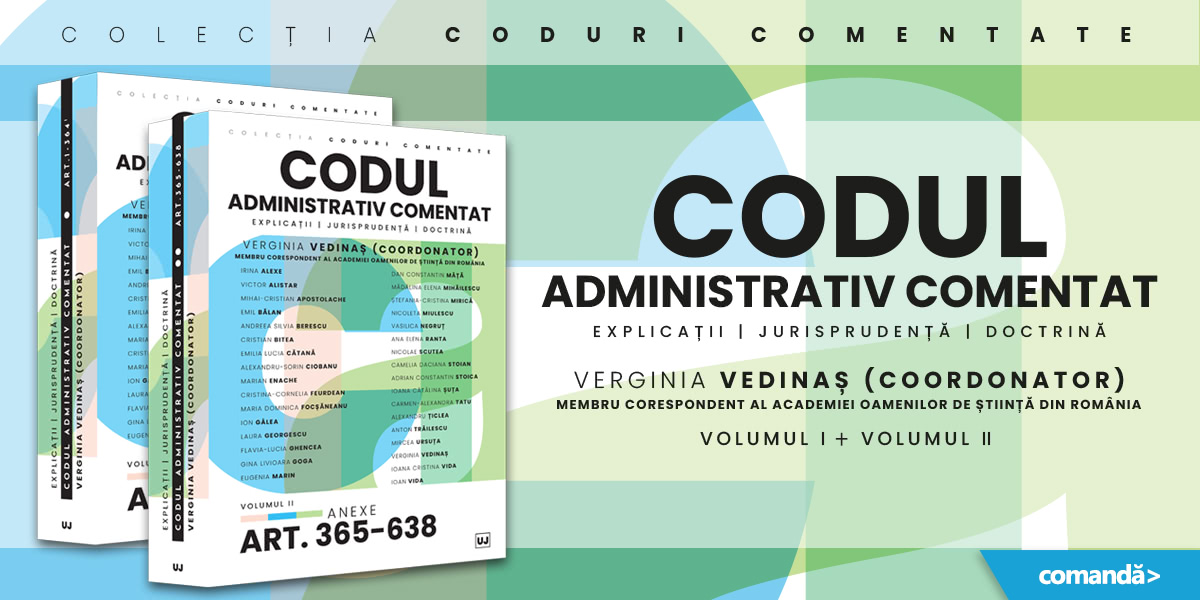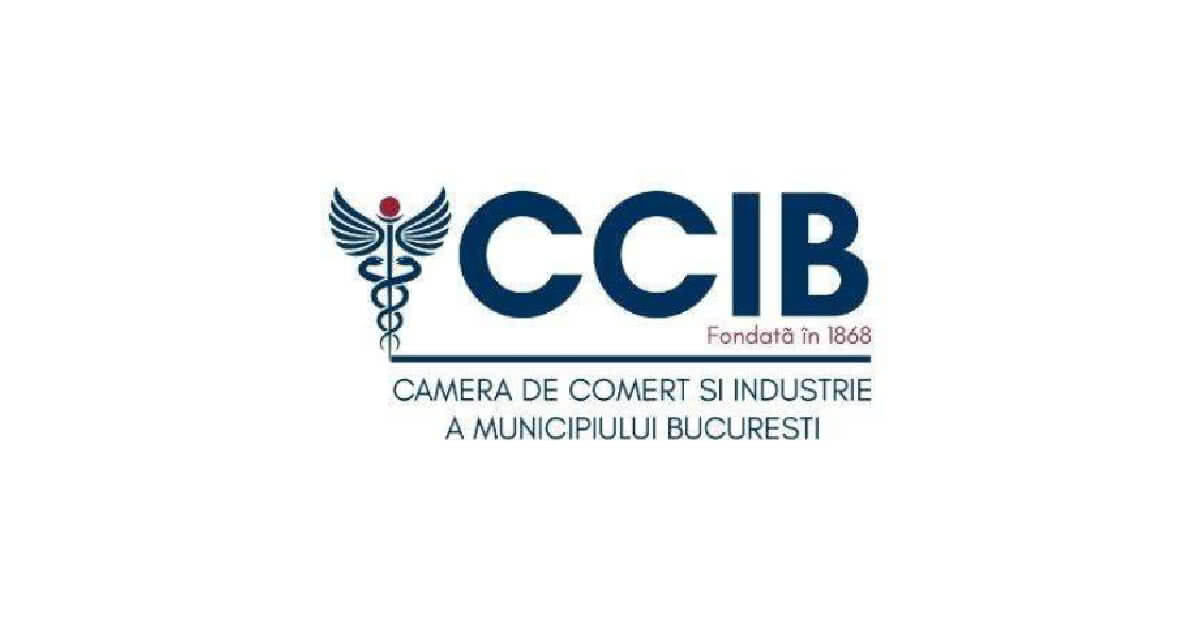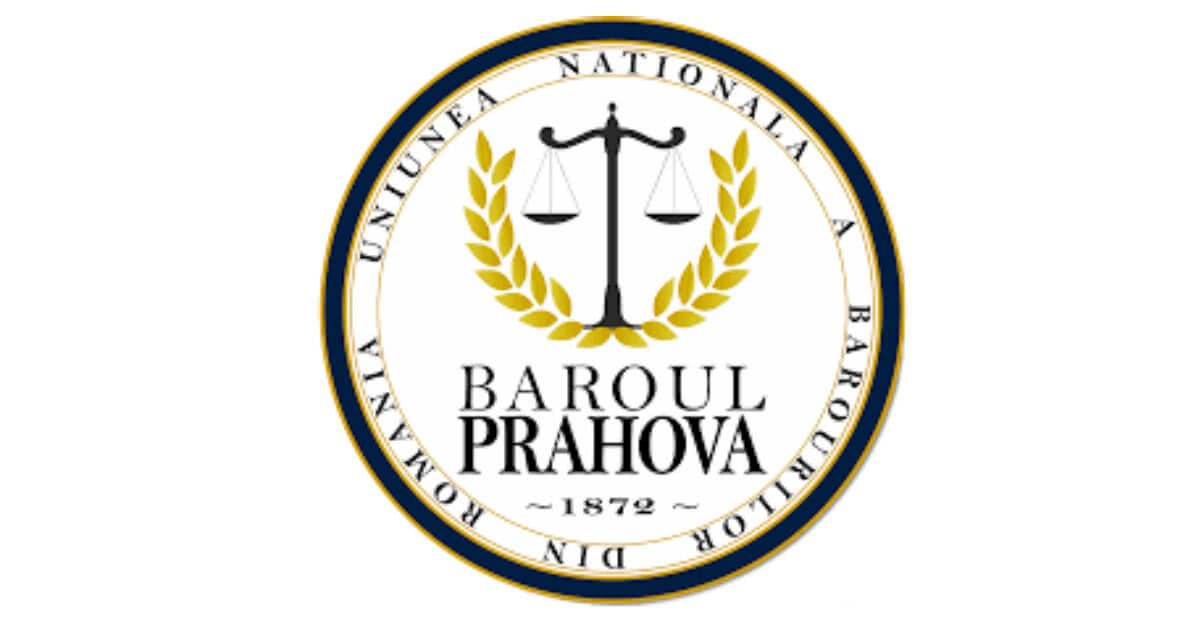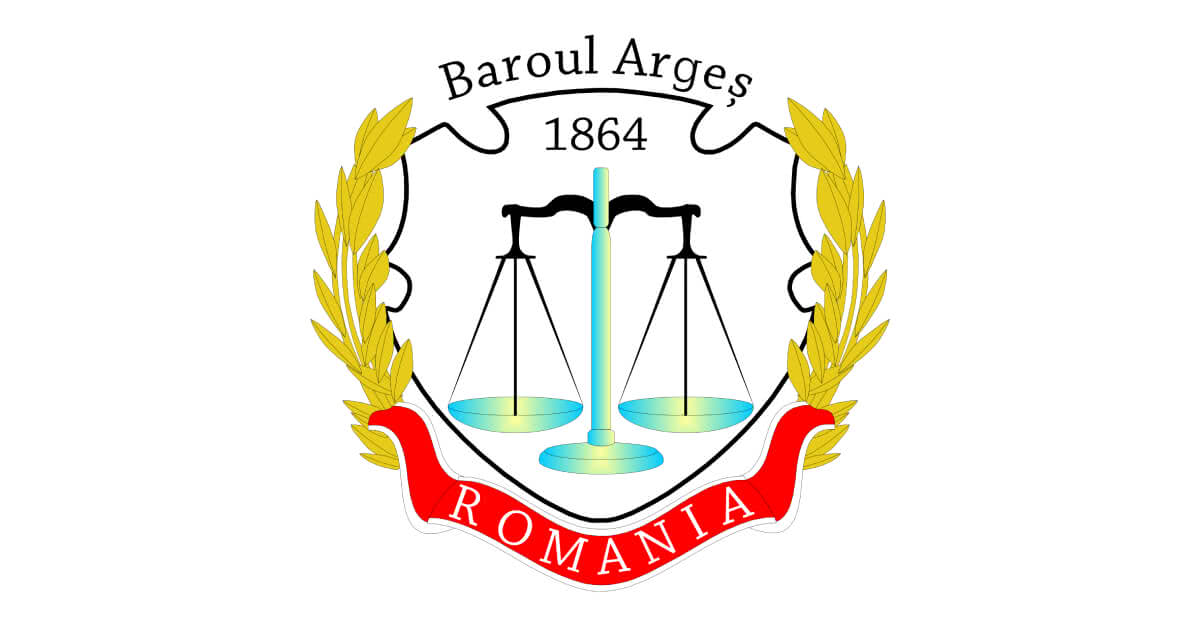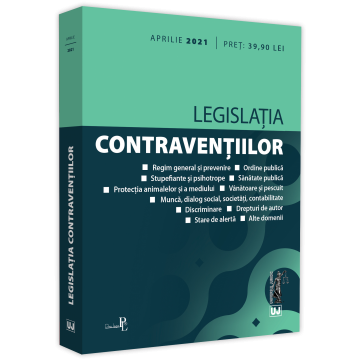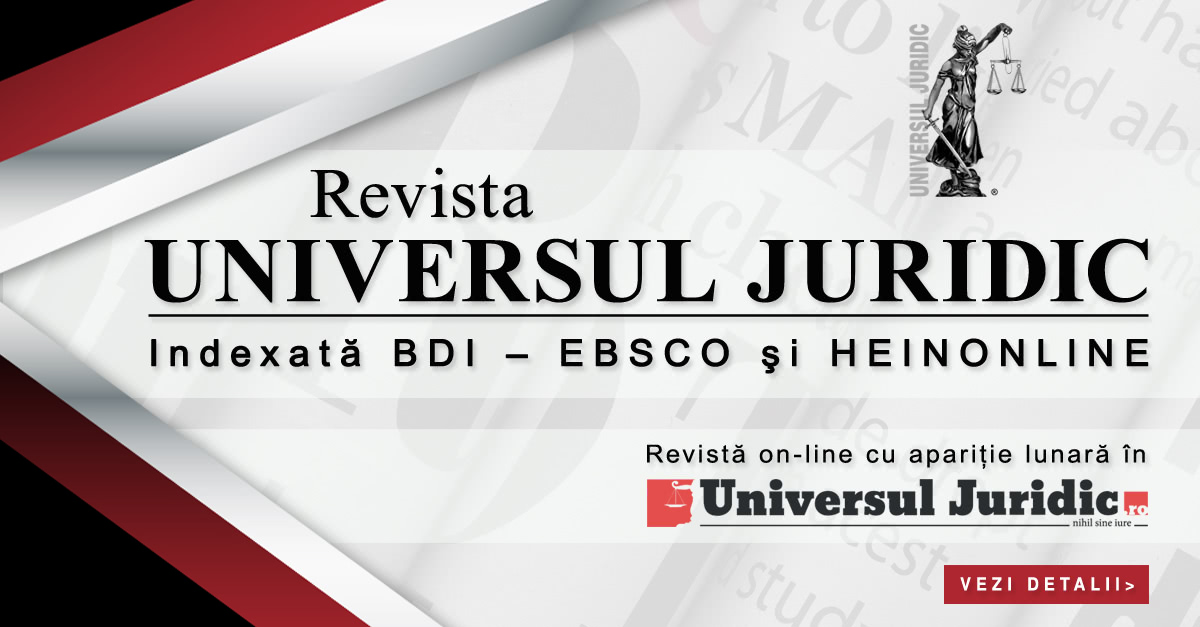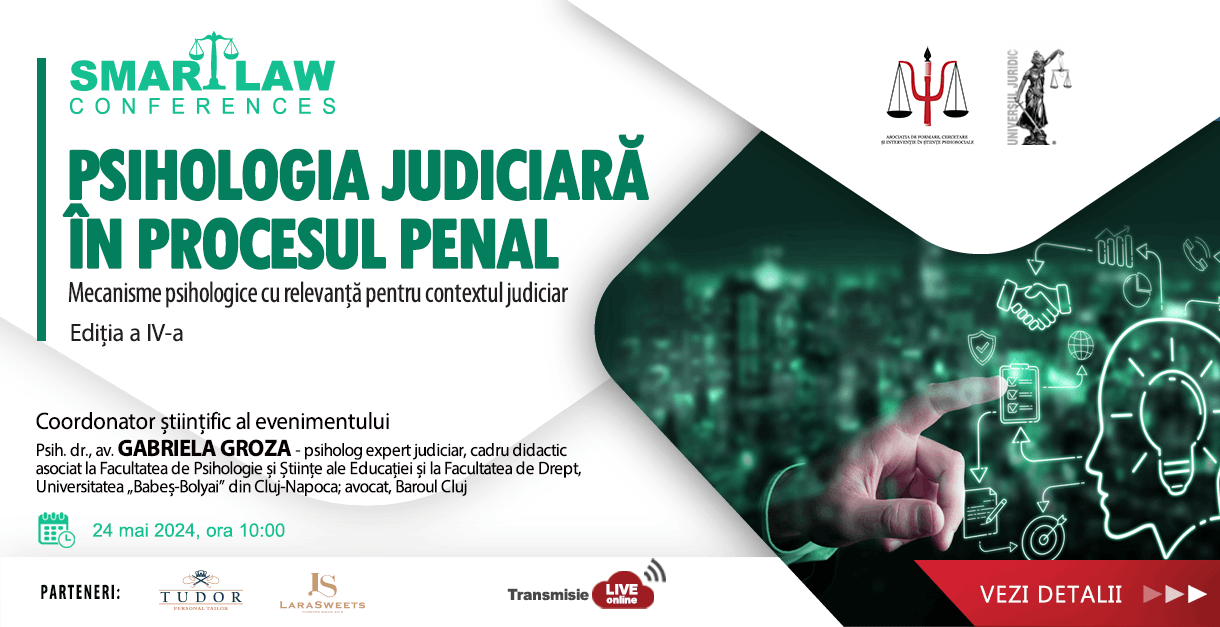International cooperation in the field of insolvency. A judicial perspective
Universuljuridic.ro PREMIUM
Aici găsiți informaţiile necesare desfăşurării activităţii dvs. profesionale.
Universuljuridic.ro PREMIUM pune la dispoziția profesioniștilor lumii juridice un prețios instrument de pregătire profesională. Oferim un volum vast de conținut: articole, editoriale, opinii, jurisprudență și legislație comentată, acoperind toate domeniile și materiile de drept. Clar, concis, abordăm eficient problematicile actuale, răspunzând scenariilor de activitate din lumea reală, în care practicienii activează.
Testează ACUM beneficiile Universuljuridic.ro PREMIUM prin intermediul abonamentului GRATUIT pentru 7 zile!
In the matter of notification and communication of judicial and extrajudicial documents in civil and commercial matters, Romania is part of the following multilateral conventions : The Convention on the Service Abroad of Judicial and Extrajudicial Documents in Civil or Commercial Matters, adopted at The Hague on 15 November 1965 (to which Romania has adhered by Law no. 124/2003, published in the Official Gazette no. 265/16.04. 2003); The Convention on Civil Procedure adopted at The Hague on 1 March 1954, to which Romania acceded by Decree no. 81/1971 may also be applied to the following non-EU third States which are not contracting parties to the 1965 Hague Convention and with which Romania has not concluded any bilateral treaty: Armenia, Kyrgyzstan, Lebanon, Montenegro, Suriname, Uzbekistan, Vatican.
In the absence of a bilateral or multilateral legal instrument in the field of judicial assistance in civil and commercial matters), the requests for judicial assistance, formulated by Romanian/foreign judicial authorities, concerning the communication of legal or extrajudicial documents to natural or legal persons domiciled in Romania/third country may be submitted through the Romanian Ministry of Justice for settlement by diplomatic (consular) way. In this situation, judicial assistance is granted based on international courtesy, subject to the principle of reciprocity, principle expressed in article 2 (3) Law no. 189/2003 on international judicial assistance in civil and commercial matters. The existence of the factual reciprocity is proved according to the provisions of article 2561 par. (2) of the Civil Code.
According to article 5 of the Law no. 189/2003 the Ministry of Justice is the central authority through which the requesting Romanian authorities carry out the communication of documents abroad. Where appropriate, the requesting Romanian authorities are courts, notaries, bailiffs, as well as other authorities that have, according to the law, powers and duties for documents’ communication. The Ministry of Justice carries out international regularity control and, where appropriate, transmits the documents, subject to the existence of an international convention to: a) the central authority of the requested State; or b) the diplomatic or consular mission of Romania in the Requested State through the Ministry of Foreign Affairs; c) by post, directly to the addressee of the act [article 5 (2)].
6.4.4. Notification to creditors
Article 40 (1) EU Regulation Recast expresses the duty of the court or the insolvency practitioners to inform „immediately known creditors at their habitual residences, domiciles or registered offices in the other member states”, as soon as the proceeding is opened.
To ensure equal treatment of all creditors and real access to the insolvency proceeding, we should consider that not all creditors are business operators with large experience in commerce. The distance, differences in procedural requirements, language, communication tools existing in domestic procedural laws may be obstacles for foreign creditors interested in being active part in the local insolvency proceedings. One disadvantage for foreign creditor is that often a translation of claim and documents in one of the official languages or in the language of the state where the proceeding is pending is required. This is a non-economic cost and an unjustified expense, especially in the case of a small claims.
Some solutions are provided in the article 53-55 Regulation (EU) 2015/848: creditors should be notified with a standard notice form; the states should indicate if they accept an official EU language for the claim; creditors should have at least 30 days for lodging their claims; for filing the claim is not required for creditor to be represented by a lawyer; along with notification the creditors should receive the standard claim form available at EU level; creditors should have the possibility to provide „supplementary evidence” if their claims are contested[71].
One important suggestion is that courts, manifesting discretion in establishing the procedural law limits, should express a large flexibility in operation with domestic inappropriate procedural provisions[72]. The attempts for establishing general rules in the procedure of notification are also the response to differences in this issue existing among legal systems. In accordance with Principle 5.1 and 5.2.of ALI/UNIDROIT Principles of Transnational Civil Procedure, a notice by means of efficient methods should be transmitted to the parties at a beginning of a proceeding, together with the complaint, all in the language of the forum and in the language of the state where the recipient has habitual residence or principal place of business. Principle 5.3. establishes the necessity to notify after the proceeding has commenced the „motions and applications of other parties and determinations by the court”. The possibility for parties to use other methods of communications such as telecommunication is recognized by Principle 5.7[73] Principle 18 (GP25) Notice[74] from JudgeCo Project analyses how to create for known foreign creditors real opportunities to recover their claims in insolvency procedures. First, the notion of „known foreign creditor” is linked to the records or bookkeeping of the debtor’s business from where information about these creditors can be collected. Second, it is emphasised the importance of providing a real notification of the foreign creditor, including through the publication of notices in the Official Gazette, equivalent publication, or internet-registry.
6.5. Accessible insolvency information: a web-based EU-wide system of insolvency registers
The Recast Regulation provides rules for the interconnection of insolvency registers (article 24 and 25), cost for interconnection within EU (article 26), information included in the system of interconnection (article 27), publication in another MS of the decision for opening and appointment (article 28) , registration in public registers (article 29). Member states are required to establish publicly accessible electronic registers with information on cross-border cases (article 24). All national registers will be interconnected through the European e-Justice portal (article 25). This regime is meant to safeguard the foreign creditors’ right to lodge claims and to prevent the opening of parallel proceedings.
The goal for the European Regulation is to improve the publicity of insolvency proceedings. member states have 36 months to develop insolvency registers and 48 months to provide confirmation that the registers will form part of an interconnected EU Portal[75]. The creation of a system of free and accessible electronic registers, containing for example information about the court of opening the proceeding, important dates, type of the proceeding, debtor, practitioners named in procedures and other information to help creditors, is a demand for member states[76].
Certain protective rules concerning personal data protection have been inserted because the Recast Regulation also applies to proceedings opened against persons who do not carry out an independent business or professional activity. Recital 80 makes a balance with creditor’s right to lodge the claims by calling member states to ensure both that the relevant information is given to creditors by individual notice and that claims of the creditors who have not received the information are not affected by the proceedings.
6.6. Evidence in cross-border insolvency[77]
6.6.1. The applicable law
Romania applies Regulation (EC) 1206/2001 of 28 May 2001 on cooperation between the courts of the member states in the taking of evidence in civil or commercial matters (except for Denmark).
The Convention on the Taking of Evidence Abroad in Civil or Commercial Matters adopted at The Hague on 18 March 1970 (to which Romania has adhered by the Law no. 175/2003, published in the Official Gazette no. 331/15.04.2003) it is another useful instrument. According to the article 2 of the Convention, the Ministry of Justice is designated as central competent authority in Romania for receiving and transmiting the letters rogatory to judicial authorities.
In the field of judicial assistance, with the purpose of obtaining evidence through rogatory commissions, the provisions of bilateral conventions/treaties concluded by Romania are also applicable. In the relationship between Romania and the states party to the Convention at The Hague on 18 March 1970, the transmission of requests for legal assistance having as object evidence by rogatory commission shall be realised on the basis of the Hague Convention or on the basis of the bilateral convention/treaty (depending on the option of the State Party), but with due respect for the procedure provided for in that convention/treaty.
6.6.2. Observations
In cross-border insolvency proceedings general ALI/UNIDROIT Principles of Transnational Procedure should be taken into consideration. Domestic procedural rules should include provisions to facilitate access to „relevant and non-privileged evidence”[78]. Courts should have the possibility to order disclosure of relevant evidence in the possession of a nonparty, with the protection of nonparty against the consequences of exposure of confidential information; courts should make „free evaluation of the evidence, without attributing special value, positive or negative, to any kind of relevant evidence”.
In the field of evidence, the Romanian Civil Procedural Code provides the guarantee of a restricted disclosure of evidence, under the supervision of the Court. The statement of the party is admissible as evidence, but the assessment of its relevance is made in conjunction with other evidences.
6.7. Information on Foreign Law[79]
In national law, the assumption is that all citizens are on duty to know the law. Unlike domestic law, in the case of foreign law, it must be known to be applied. Therefore, the burden of proof of foreign law is shared between judges and the parties, principle which results from the Romanian Civil Code. Article 2562 (1) Civil Code provides for the burden of proof when applying the foreign law that „the content of the foreign law is established by the court judging by attestations obtained from the state organs that have issued it by the expert’s opinion or other appropriate means”. The judge may, however, determine to the party who invokes the foreign law the obligation to prove its content.
The applicable legislation is the Romanian Law no. 189 of 13 May 2003 on International Legal Assistance in Civil and Commercial Matters; The Government Decision no. 153/1991 on the accession of Romania to the European Convention on Information on Foreign Law, signed in London on 7 June 1968; the Additional Protocol to the Convention, signed at Strasbourg on 15 March 1978.
The request for information will always have to be issued by a judicial authority. The request will be made only when a lawsuit has already started. The request for information will be addressed directly to the receiving State of the requested State by a transmitting body or, in the absence of such a body, by the judicial authority from which it emanates. The Romanian Ministry of Justice is the central authority which provides information on domestic law in civil and commercial matters to the other ministries of justice in other States at their request and who requests information for Romanian courts, in pending litigations.
From the results of a comparative research[80] on the application of foreign law in civil matters in the EU member states can be concluded that diplomatic channels through Justice or Foreign Affairs Ministries are not seen as relevant mechanisms for international cooperation in the issue of ascertaining foreign law. Considering the answers received, however, it was observed in the report that legal professionals in Romania consider it necessary to implement new mechanisms for judicial cooperation or diversification of existing ones, in order to minimize the terms of related procedures in obtaining information about Foreign legislation, increase the level of publicity of sources of information, obtain wider access to legal professionals and the public for these sources of information[81].
We should understand that in cross-border insolvency and restructuring procedures the factor time is sometimes essential for practical, efficient measures and perhaps for the entire evolution of the process for rescuing debtor’s business and estate. When looking at the practices and difficulties generated by cost and speed, some improvement of the existing system is necessary including the domain on information on foreign law, through the development of electronic sources, institutional mechanisms, new and extending existing networks, education.
7. Final observations
For various reasons, Romania has had limited exposure to cross border insolvency issues and proceedings. Thus, there is still little, if any, court practice on the subject. Providing a summary of the court interpretation of Romanian cross-border insolvency laws and principles becomes, therefore, a problem that is far from easy. In the absence of any prior case-law guidelines, the Romanian courts, in interpreting both the international insolvency rules and the EU Insolvency Regulation, most likely look for the assistance into the foreign courts’ practice.
I think it is necessary to increase the education forms on international insolvency law and practices, in order to overcome the current obstacles such as the formal and detailed national procedural law, the concern of the courts regarding the breach of the boundaries of impartiality, the anxiety about the use of legal terms and concepts, starting from the existing international experience and the solutions tested in cross-border cases.
[71] Regulation (EU) 2015/848, articles 53-55.
[72] EU Cross-Border Insolvency Court-to-Court Cooperation Principles Final Public Draft, p. 38.
[73] The American Law Institute and UNIDROIT, ALI / UNIDROIT Principles of Transnational Civil Procedure, 2006,http://www.unidroit.org/instruments/transnational-civil-procedure.
[74] EU Cross-Border Insolvency Court-to-Court Cooperation Principles Final Public Draft, p. 38.
[75] Regulation (EU) 2015/848, articles 24, 25, 87 and 92.
[76] Regulation (EU) 2015/848, articles 24-27.
[77] Legislation: Council Regulation (EC) 1206/2001 of 28 May 2001 on cooperation between the courts of the member states in the taking of evidence in civil or commercial matters; Legea nr. 175/2003 pentru aderarea României la Convenția privind obținerea de probe în străinătate în materie civilă sau comercială adoptată la Haga la 18 martie 1970; O.G. nr. 66/1999 pentru aderarea României la Convenția cu privire la suprimarea cerinței supra legalizării actelor oficiale străine, adoptată la Haga la 5 octombrie 1961; for details, see the site of Romanian Minister of Justice, Cooperarea judiciară internațională în materie civilă, comercială și dreptul familiei, http://www.just.ro/despre/cooperarea-judiciara-internationala-in-materie-civila-comerciala-si-dreptul-familiei.
[78] Article 16.1 „Access to Information and Evidence” reveals the idea of „relevant” evidence as „probative material that supports, contradicts, or weakens a contention of fact at issue in the proceeding”, including „testimony of parties and witnesses, expert testimony, documents, and evidence derived from inspection of things, entry upon land, or, under appropriate circumstances, from physical or mental examination of a person”, in The American Law Institute and UNIDROIT, ALI/UNIDROIT Principles of Transnational Civil Procedure, 2006, http://www.unidroit.org/instruments/transnational-civil-procedure.
[79] Legislation: Legea nr. 189 din 13 mai 2003 privind asistență judiciară internațională în materie civilă și comercială H.G. nr. 153/1991 privind aderarea României la Convenția europeană în domeniul informației asupra dreptului străin, semnată la Londra la 7 iunie 1968 și Protocolul adițional la Convenție, semnat la Strasbourg la 15 martie 1978.
[80] Swiss Institute of Comparative Law, The application of foreign law in civil matters in the EU Member States and its Perspective for Future, 2009/JCIV/PR/0005/E4 Part II Empirical Analysis, Lausanne, 11 july, 2011, http://ec.europa.eu/justice/civil/files/foreign_law_ii_en.pdf.
[81] Swiss Institute of Comparative Law, the application of foreign law in civil matters in the EU Member States and its Perspective for Future, pp. 353-354.



